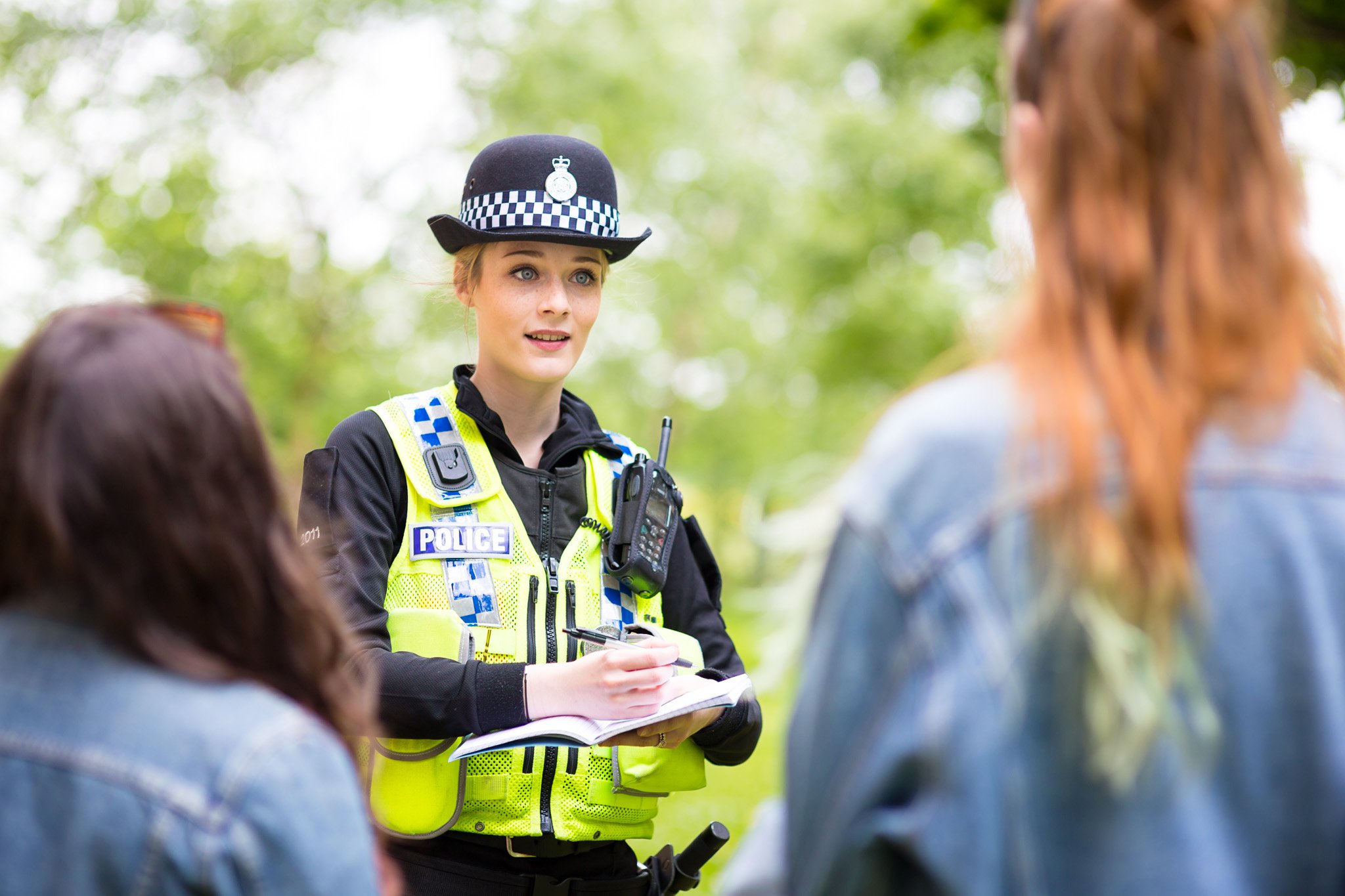Sociology
has always had a strong interest in medicine, and more recently, in the impact
of the new biomedical sciences on medicine. The social science grant agency,
the ESRC is itself keen to support new work on ‘the biosocial’, how the social
and the biological are co-produced. One area where the biosocial is especially
important for sociological inquiry is Regenerative Medicine (RM). Its
distinctive feature is the use of live cells and tissues to treat disease,
replacing diseased tissue and organs with new, healthy and specially-grown
tissue. Within the UK, the field of RM is surrounded by considerable promise
and high expectation. It is championed as a potential source of cures for a
range of disorders, and the Government has identified the field as one of the
wealth-generating ‘Eight Great
Technologies’ which help drive the economic growth. In light of this, various
Government-supported initiatives have been launched to accelerate innovation
within the field and bring new therapies to patients sooner.

The
field of RM, however, is still very much in its infancy, and there are very few
therapies available in the present day. Sociological research being undertaken
by members of SATSU in the Department shows how clinicians and investigators
working on new RM therapies are encountering many significant challenges that
reflect the ‘biosocial’ at work: how to stabilise and standardise the tissue
they work with, what sort of legal and regulatory classification it should have
compared to other areas of medicine, whether they need new types of
organisational and clinical systems to deliver RM to patients, and how should
the long term benefits and costs of RM be assessed?
As
part of the York Festival of Ideas, Andrew Webster, Ruchi Higham and John
Gardner from the Sociology Department will join Paul Genever and Amanda Barnes
from the Department of Biology will lead a public discussion on RM. By bringing
the biological and social sciences together, they will provide an overview of
the hopes (and hype) but, more importantly, the likely and diverse clinical
paths that regenerative medicine will take and within what timeframes. The
session will involve a lively and informed debate about RM and help
participants to understand better its likely long-term impact in the NHS and
elsewhere.
Details:
June 9th, 6:00pm –
7:30pm
The Diana Bowles Lecture
Theatre, Department of Biology. Room K018 (Ground floor Biology Building)
Admittance/ticket price: Free
entry
Booking details Via the Central
Festival Team















